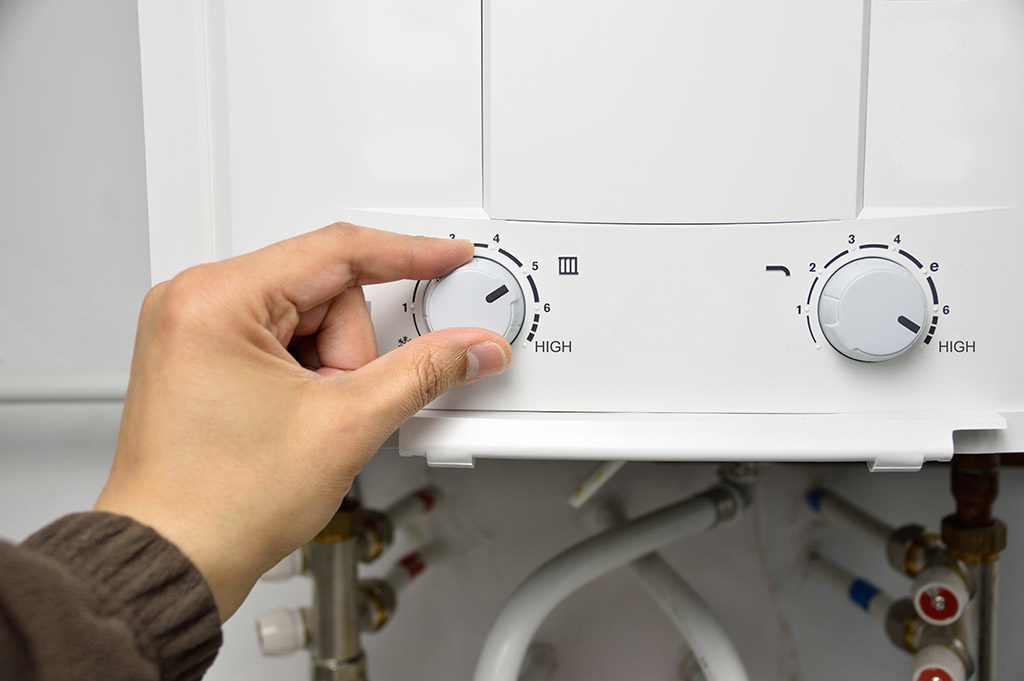Tackling the Usual Hot Water Heater Emergency Challenges
Tackling the Usual Hot Water Heater Emergency Challenges
Blog Article
Everybody is bound to have their own unique piece of advice on the subject of Warning Signs You Need Water Heater Repairs.

A water heater is among the most important standard home appliances that can be discovered in a residence. With hot water heater, you do not require to go through the stress and anxiety of heating water by hand every time there is a need to take a bath, wash, or the meals. Nonetheless, there is always a possibility that your hot water heater would certainly act up similar to the majority of mechanical devices.
It is necessary to note any kind of little malfunction and also tackle it rapidly prior to things leave hand. Most times, your water heater starts to malfunction when there is a build-up of sediments as a result of constant usage. As a preventative measure, routine flushing of your hot water heater is advised to stop debris accumulation as well as protect against useful failure.
Usual water heater emergencies and just how to deal with them
Dripping water heater tank.
In this situation, you should turn off your water heating unit, enable it to cool down, as well as very carefully look for the resource of the trouble. At times, all you need to do is to tighten up a few screws or pipe links in situations of minor leaks. If this doesn't work and the leak persists, you might require to use the solutions of a professional for an ideal substitute.
Changing water temperature.
Your water heater can begin producing water of various temperature levels typically ice cold or hot warm. In this scenario, the first thing you do is to make certain that the temperature is readied to the desired level. If after doing this, the water temperature keeps changing during showers or other tasks, you may have a damaged thermostat. There could be a need to replace either the thermostat or the heating system of your water heater.
Insufficient hot water
It might be that the water heater can't sustain the warm water demand for your apartment or condo. You can upgrade your water heating system to one with a larger capacity.
Stained or odiferous water
When this happens, you require to recognize if the concern is from the water or the storage tank source. If there is no amusing smell when you run cool water, then you are specific that it is your water heating unit that is defective. The stinky water can be created by rust or the buildup of bacteria or sediments in the water heating system container.
Verdict
Some house owners overlook little caution as well as minor faults in their water heater unit. This just causes further damage and also a feasible full breakdown of your appliance. You must handle your hot water heater faults as quickly as they come up to stay clear of more expenditures and unneeded emergency troubles.
With water heating units, you do not need to go with the stress of heating water by hand every time there is a demand to take a bath, do the laundry, or the recipes. Your water heating system could start creating water of various temperature levels typically ice hot or cool hot. It may be that the water heating unit can not sustain the warm water need for your home. If there is no amusing odor when you run cold water, after that you are specific that it is your water heating system that is damaged. The smelly water can be caused by rust or the accumulation of microorganisms or debris in the water heating system tank.
Common Water Heater Issues and What You Should Do
What Type of Water Heater Do You Have?
Before we begin it’s first important that you identify the type of water heater you have on your property. There are two main types of water heaters out there: conventional and high efficiency.
Both of these types of products typically use either gas or electricity to heat power. There are also solar water heaters that use a thermal collector on the roof or yard to heat the water.
While these models are not as common, they can cut heating costs in half. In this article, we will focus on conventional and high efficiency.
How Do My Electric and Gas Water Heater Work?
Though they look similar, electric and gas water heaters work very differently. It’s important to know their basic function because often problems can be specific to the heating source.
In the electric model, a thermostat on the side of the machine detects the temperature of the water in the tank. When the temperature needs to rise electricity flows to a heating element suspended in the water.
Gas models also use a thermostat device — typically with a mercury sensor at the tip and an additional sensor called a thermocouple. The thermocouple detects whether the pilot light is on and controls the flow of gas.
When the thermostat drops below the appropriate level gas is released which becomes ignited by the pilot light. The flame heats the bottom of the water tank which causes hot water to rise and cold water to drop.
This natural circulation continues until the water reaches the desired temperature. Then, the thermostat triggers the gas control valve to shut off the flow of gas.
What Are the Most Common Issues and How Do You Fix Them?
https://happyhiller.com/blog/common-water-heater-issues-and-what-you-should-do/

As a keen reader about The Importance of Water Heater Maintenance, I thought sharing that excerpt was a great idea. Loved our blog posting? Please share it. Help somebody else check it out. Thanks a lot for taking the time to read it.
Pro help? Call now! Report this page